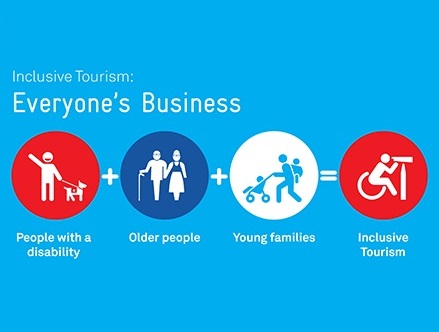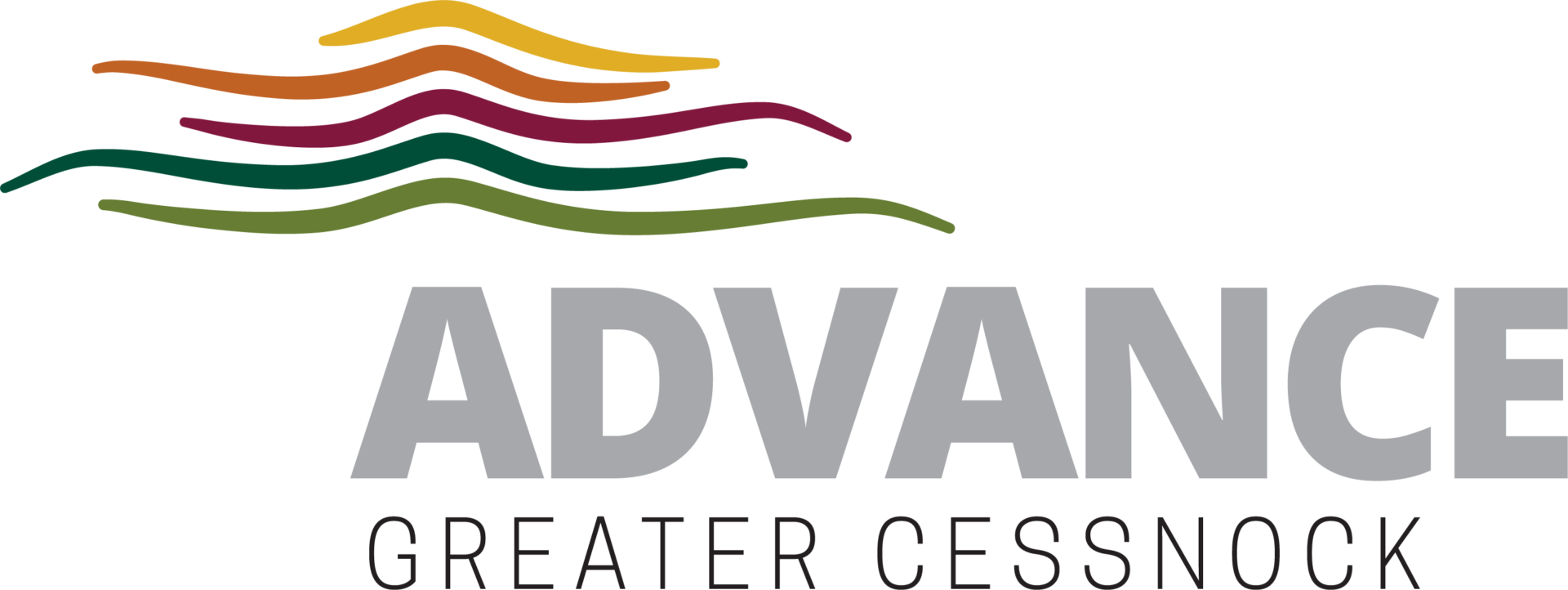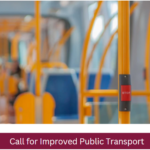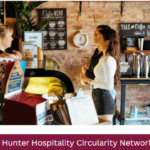Published on Jun 24, 2019
Feel free to share
Inclusive tourism refers to tourism services and products where people of all abilities feel welcome and wanted as customers and guests. Being able to service people with a disability, an ageing population and young families becomes increasingly important as these segments of the public continue to grow.

Becoming more inclusive could prove to be a lucrative opportunity for our tourism businesses, as Tourism Research Australia data demonstrates people with a disability spend more dollars on day trips than the general population.
Businesses and councils are increasingly prioritising the needs of different user groups within our community.
Inclusive tourism refers to the following key markets:
- People with a disability
There are approximately 4.2 million Australians with a disability, which accounts for almost 20 per cent of Australia’s population, and around 1 billion people with a disability worldwide, or 15 per cent of the world’s population.
According to LG NSW, previous research found that 88 per cent of people with a disability take a holiday each year and that there is potential for even greater participation in tourism activity if more attention is paid to removing barriers and better marketing of existing facilities.
- Older people
This market is expected to grow as the Baby Boomer generation retires and make decisions on what to do with their disposable income and free time. This generation are more inclined to spend it on their own leisure rather than holding onto their wealth for future generations.
- Families with young children
The families market appreciate access for prams, parking provisions, and equipment and activities suitable for young children and families.
The European Commission undertook a study into inclusive tourism finding toilets, parking and lifts were identified by all user groups as the most important features of building accessibility. The study also found that if these issues were addressed at a destination, over 80 per cent would make a return visit.
What else can businesses do to become more inclusive?
- Promoting the specialised inclusive nature of the product or service
- Rooms for people with disability (equally well-designed as any other room)
- Physical access is optimised – grab rails, covered entrances, parking spaces
- Appropriate and respectful customer service
- Online accessibility information – general information on accessibility, tips and advice, useful links to mobility maps etc
- Public areas that are adapted for people with special needs, such as lowered reception desks for wheelchair users, hearing loops in conference facilities, vibrating alarm clocks
- Food and beverage – no allergenic garnish, gluten- and lactose-free bread options, vegan and vegetarian options
- Large print brochures and accessible reader-enabled website, or braille resources
- Guide dogs are always welcome
Collaboration and partnerships are one way of building the capacity of businesses to develop and promote inclusive tourism experiences together.
Want to learn more? Online Learning Course
Local Government NSW has prepared an online learning course which explains the facts behind the Inclusive Tourism market.
It includes five different modules including one for businesses and accommodation providers and a resource centre with case studies, access statements and links to more other organisations and information.
The course provides ideas and examples of what the tourism industry and businesses can do to improve facilities for customers and visitors. Each section takes about 30 to 40 minutes to complete.
Businesses and tourism operators can take steps to improve their services to the Inclusive Tourism market, creating new opportunities for growth. More information from LGNSW.
Similar News View All Similar News
Topic:



